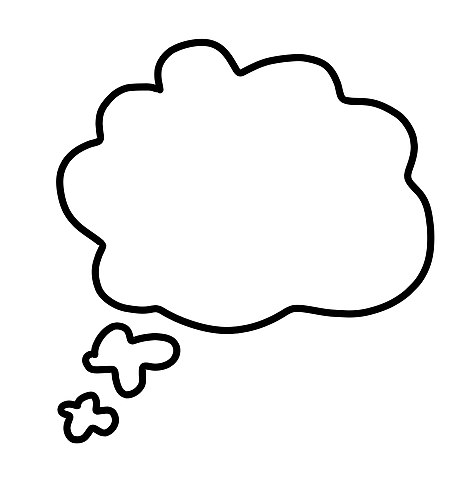
The Cognitive Science Of Deja Vu
The Brain’s Complex Relationship With Time
Deja vu, a term that’s become synonymous with eerie experiences of familiarity, is more common and less mystical than we often think. It’s that odd sensation where you feel like you’ve lived through the present moment before, despite knowing it’s a new experience. While it might seem like something out of a science fiction novel, deja vu is actually a fascinating glimpse into the everyday workings of our brains.
Most of us have experienced deja vu at some point, with studies suggesting that about two-thirds of people have encountered it. It’s particularly common among young adults. But what exactly causes this strange feeling of having “already seen” something? The truth is, scientists are still piecing together this puzzle, but they have some compelling theories.
Wrong Turns And Check-Ups
One of the leading explanations is that deja vu is a kind of memory error. Our brains are constantly processing a vast amount of information. Sometimes, a new experience might take a wrong turn on its way to short-term memory, accidentally ending up in the area of the brain responsible for long-term memories. This misdirection can create the illusion that a current moment is, in fact, a past memory.
Another idea revolves around the synchronisation of neural circuits. The brain doesn’t always process all the information it receives smoothly and simultaneously. If there’s a slight delay in processing between the different sensory information coming in – what we see, hear, and feel – it might result in the brain perceiving it as two separate events. One of these is mistakenly registered as a memory, leading to deja vu.
There’s also a theory that suggests the sensation could be a sort of ‘brain check-up.’ In this view, the phenomenon is an accidental byproduct of the brain’s complex system of checking and validating its own memory processes, akin to running a diagnostic on a computer.
Deja Vu Theory And Reality
Interestingly, neuroimaging studies have shed some light on what’s happening in our brains during deja vu. These studies often show increased activity in the areas of the brain involved in memory formation and retrieval. However, this research is still in its infancy, and there’s a lot we don’t understand about the neural underpinnings of deja vu.
In reality, deja vu is less about mystical foresight or glitches in the matrix, and more about the quirks of our memory system. It’s a reminder of how intricate and, at times, imperfect our cognitive processes are. As we continue to study this phenomenon, we’re not just learning about why it happens – we’re also gaining valuable insights into how memory works in the human brain.